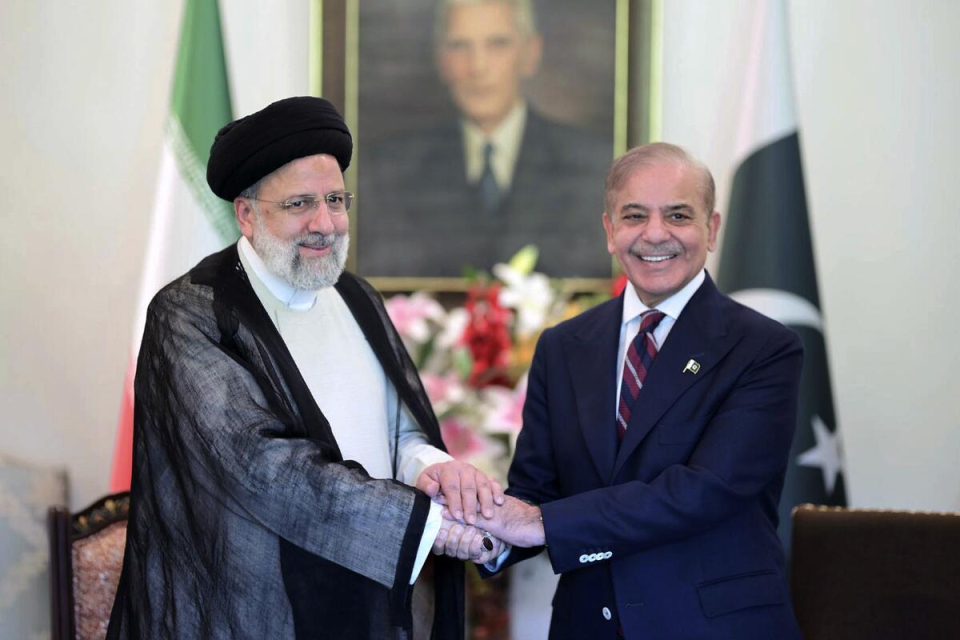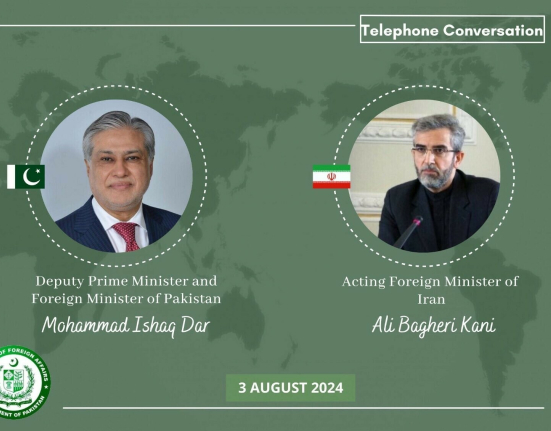Pakistan and Iran have pledged to bolster cooperation in combating militants operating from Afghanistan, recognizing the threat they pose to regional and global security. The commitment came following a three-day visit by Iranian President Ebrahim Raisi to Islamabad, aimed at strengthening ties strained by recent cross-border strikes.
During the visit, President Raisi met with Pakistani President Asif Ali Zardari, Prime Minister Shehbaz Sharif, and other officials, including Army Chief Gen. Asim Munir. A joint statement issued afterward emphasized both nations' determination to enhance counter-terrorism efforts and form a united front against terrorism.
Both Pakistan and Iran have experienced increased militant violence, with Afghan-based groups such as the Pakistani Taliban targeting security forces in both countries. Pakistan attributes this surge to the Afghan Taliban's ascension to power in 2021, although the Afghan government denies providing sanctuary to militants targeting Pakistan.
Tehran has also faced attacks from an Islamic State affiliate operating from Afghanistan, which has spilled over into Pakistan's Baluchistan province. Pakistan has urged Iran to take decisive action against militants operating from its territory near the border.
In addition to security cooperation, Pakistan and Iran agreed to enhance economic ties, including the establishment of new border markets, crossings, and free trade zones. They reaffirmed their commitment to ensuring their common border remains a symbol of peace and friendship.
Both countries condemned the suspected Israeli strike on a consular building near the Iranian Embassy in Syria on April 1, which killed two Iranian Guard generals and others. Iran retaliated with direct strikes on Israel.
Furthermore, discussions included the progress of the gas pipeline project between Pakistan and Iran, which has faced delays due to concerns about U.S. sanctions. The project, initiated in 2013 to supply Iranian natural gas to Pakistan, remains a focal point for both nations despite opposition from Washington.

















